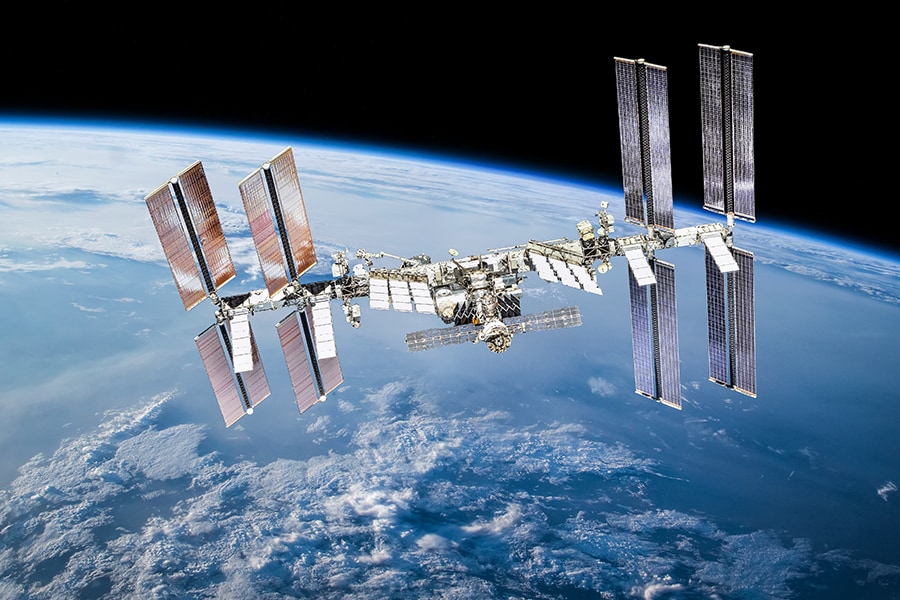
Never seen anything like it': Astronaut on 2021 climate disasters
From his perch 400 kilometres above Earth, French astronaut Thomas Pesquet has had a unique perspective on the climate-fuelled natural disasters that have swept the planet over the past six months
 International space station on orbit of Earth planet. ISS. Dark background. Elements of this image furnished by NASA
International space station on orbit of Earth planet. ISS. Dark background. Elements of this image furnished by NASA
Image: Shutterstock
From his perch 400 kilometres above Earth, French astronaut Thomas Pesquet has had a unique perspective on the climate-fuelled natural disasters that have swept the planet over the past six months.
Pesquet recently finished up his second mission at the International Space Station, an experience that made him appreciate Earth's fragility like never before.
He spoke to AFP ahead of the UN climate summit kicking off on October 31, sharing his hopes and fears for the planet.







